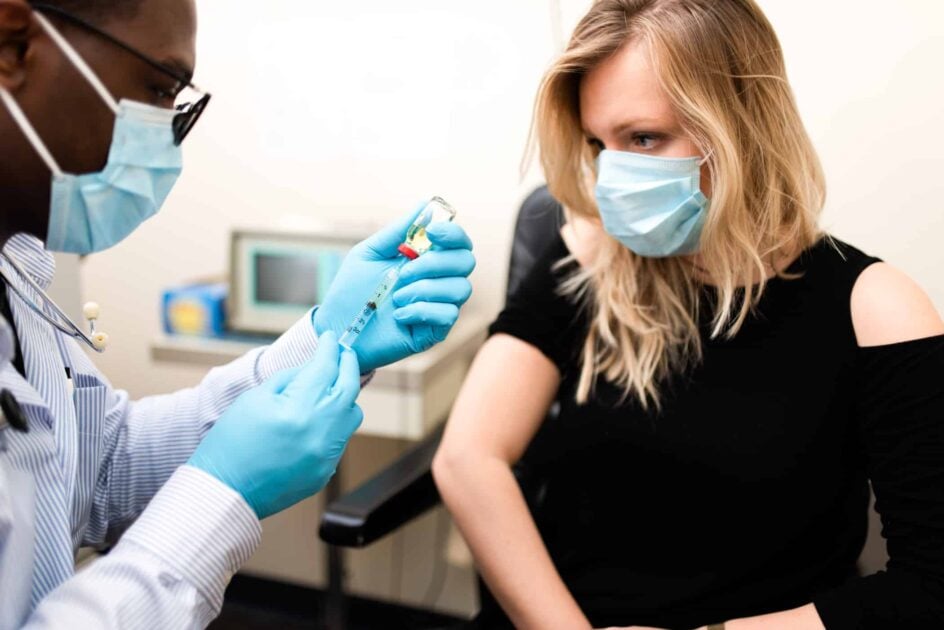Why the global COVID-19 vaccination plan is unfair
Aisling talks about how wealthier countries are buying up the available vaccines, leaving poorer countries behind

After a very difficult year, we’ve finally gotten some good news with the announcement of the Covid-19 vaccines. Vaccinations began being administered across Ireland in January, with the groups the government deems most at risk being vaccinated first. One of the priority groups was frontline healthcare workers as they have a greater risk of being exposed to the virus. People aged 65 years and older living in long-term care facilities were also a high priority as they have a higher risk of serious illness if they get the virus. The next groups were healthcare workers who do not have direct patient contact and people aged 70 years and older.
Vaccination rollout plan
Personally, I agree with the vaccine prioritization the government has laid out. It’s a relief to know my grandparents, and my friends and family working within the healthcare system, are protected. Knowing I’m at less of a risk, I don’t mind waiting longer for the vaccine. If things go to plan, everyone who wants the vaccine in Ireland should have gotten it by the end of the year. It’s exciting to think about things going back to normal, restaurants and shops opening, seeing friends and family, travelling again.
Vaccine inequality across the world
Buying up supplies
However, it’s difficult to celebrate when you remember how unequal the vaccine rollout has been around the world. Developed countries are buying up all of the available supplies, leaving poorer countries behind. Some countries have even obtained over twice the amount of doses needed to vaccinate their populations. Considering the expiration dates on the vaccines, this seems unnecessary and irrational not to mention hugely unfair towards poorer countries who are unable to access vaccines as a result.
COVAX
The COVAX programme has been working to combat this, aiming to provide two billion vaccine doses to 190 countries this year at no cost to lower-income countries. Some countries, like Canada and Norway, have promised to give their surplus vaccines to COVAX. This fantastic programme is slowly lessening the difference in vaccine rollouts between rich and poor countries. COVAX is funded by richer countries self-financing their participation in the programme and through Official Development Assistance. Ghana became the first country to receive vaccines through the programme in February.
Community spirit
However, I really feel that more needs to be done to keep decreasing this gap. We can’t only care about our own population and ignore the suffering in poorer parts of the world. We need to recapture the community spirit felt at the beginning of the pandemic with everyone working together to fight the virus. This is not just a moral issue. COVID-19 is a global virus. By preventing poorer countries from accessing vaccines, there is less of a chance of global herd immunity and COVID-19 could continue to spread. The vaccines are a sign of hope but one that needs to be fairly shared around the world.
More information
The HSE website has more information about the vaccine, or you can find out more information about donating to the COVAX programme here.






